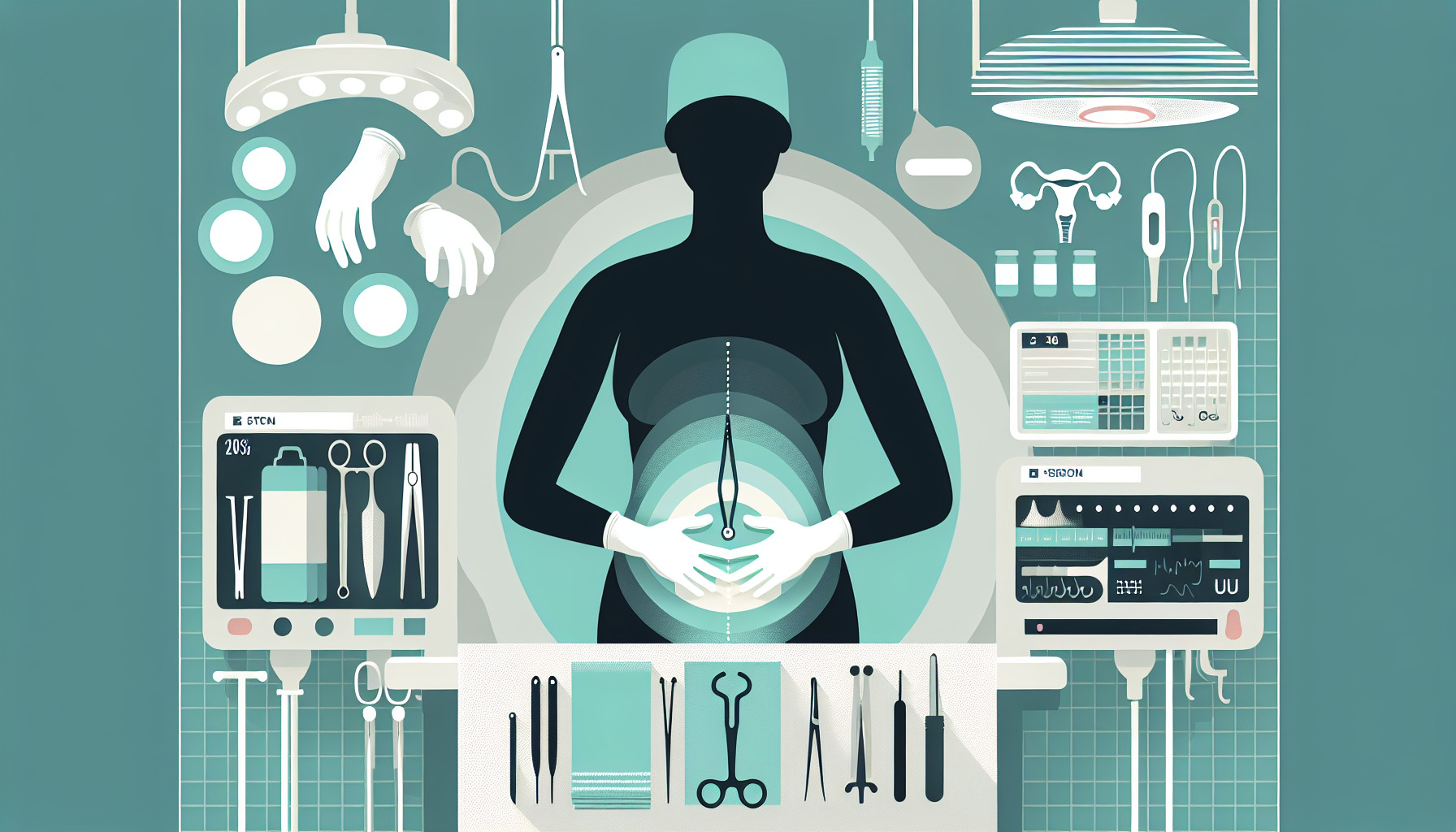Our Summary
This study looked at the long-term satisfaction of patients who had a hysterectomy (removal of the uterus) using either traditional laparoscopy or a modern robotic surgery device called the Da-Vinci-Xi. The researchers looked at patient experiences from 2018 to 2019 in a hospital in Luebeck, evaluating things like post-surgery pain, bladder function, sexual function, how they felt about the cosmetic result, and their overall satisfaction with the procedure. They also paid particular attention to patients who were overweight.
The results showed that patients had similar experiences regardless of whether they had the traditional surgery or the robotic one. The majority of patients who had robotic surgery said they would be willing to have it again if necessary. However, the study concluded that the Da-Vinci-Xi device did not improve the long-term satisfaction of patients compared to traditional laparoscopy, whether they were of a normal weight or overweight.
FAQs
- Did the study find any difference in long-term satisfaction between traditional laparoscopy and robotic surgery for hysterectomy?
- What factors were evaluated to measure patient satisfaction post-hysterectomy in the study?
- Did the study find any difference in willingness to repeat the procedure between patients who underwent traditional laparoscopy and those who had robotic surgery?
Doctor’s Tip
A helpful tip a doctor might give a patient about hysterectomy is to discuss with your healthcare provider the different surgical options available and consider factors such as recovery time, potential risks, and long-term satisfaction. It’s important to have open communication with your healthcare team and ask any questions you may have before making a decision. Additionally, maintaining a healthy lifestyle through diet and exercise can help in the recovery process and overall well-being after surgery.
Suitable For
Patients who are typically recommended hysterectomy include those with:
- Uterine fibroids
- Endometriosis
- Abnormal vaginal bleeding
- Pelvic organ prolapse
- Chronic pelvic pain
- Uterine cancer
- Ovarian cancer
- Cervical cancer
It is important for patients to discuss with their healthcare provider the specific reasons for recommending a hysterectomy and to consider all treatment options before making a decision.
Timeline
Before the hysterectomy:
- Patient consults with their doctor to discuss the reasons for the hysterectomy and the different surgical options available
- Patient undergoes pre-operative testing and preparation
- Patient may have to undergo a pre-operative diet or bowel preparation
- Patient goes through the surgery, either traditional laparoscopy or robotic surgery
- Patient stays in the hospital for a few days post-surgery for recovery
After the hysterectomy:
- Patient experiences pain and discomfort in the days following surgery
- Patient may have to manage post-operative complications such as infection or bleeding
- Patient gradually resumes normal activities and returns to work
- Patient may experience changes in bladder and sexual function
- Patient may have to adjust to the cosmetic result of the surgery
- Patient attends follow-up appointments with their doctor to monitor their recovery and address any concerns
- Patient reflects on their overall satisfaction with the procedure in the long term
What to Ask Your Doctor
Some questions a patient should ask their doctor about hysterectomy include:
- What are the potential risks and complications associated with both traditional laparoscopy and robotic surgery for a hysterectomy?
- How long is the recovery period expected to be for each type of surgery?
- Will I have any restrictions or limitations on activities following the surgery?
- How will my bladder function be affected by the hysterectomy?
- Will the surgery impact my sexual function or libido in any way?
- What is the expected level of post-surgery pain, and how will it be managed?
- What is the likelihood of needing additional surgeries or procedures in the future?
- How will the cosmetic result of the surgery be affected by the type of procedure used?
- Will my weight have any impact on the success or outcomes of the surgery?
- Are there any specific factors about my health or medical history that may influence the choice between traditional laparoscopy and robotic surgery for a hysterectomy?
Reference
Authors: Gitas G, Alkatout I, Proppe L, Hanker L, Allahqoli L, Grimbizis G, Rody A, Werner N, Sommer S, Baum S. Journal: Arch Gynecol Obstet. 2022 Jun;305(6):1481-1490. doi: 10.1007/s00404-021-06360-9. Epub 2021 Dec 26. PMID: 34954814
